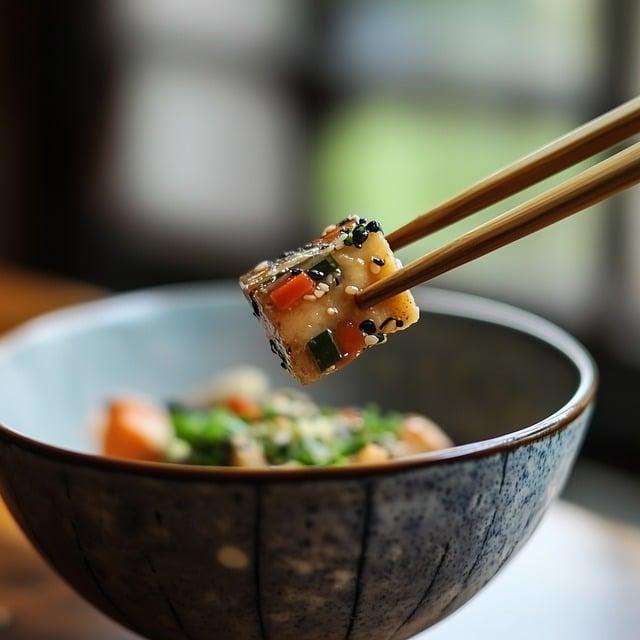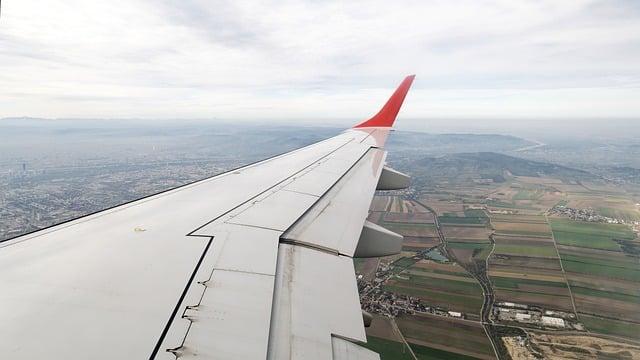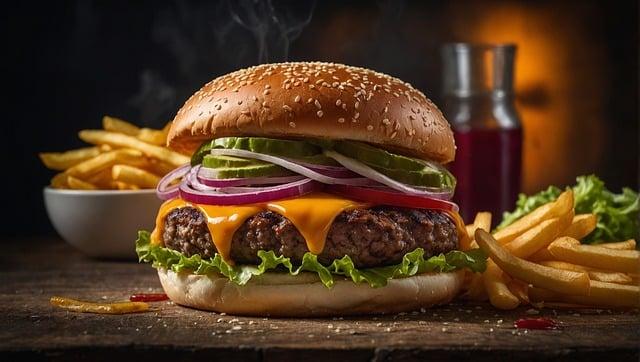In a bustling village, three friends decided to embark on a journey to discover the world’s top holidays. Their first stop was Diwali in India, where vibrant lights danced in the night, and the air was filled with laughter and sweets. Next, they traveled to Rio de Janeiro for Carnival, where colorful parades and samba rhythms ignited the streets, uniting people in joyous celebration. they found themselves in the serene beauty of Christmas in Bethlehem, where the spirit of peace and hope wrapped around them like a warm embrace. Each holiday, a unique tapestry of culture, brought them closer together.
Table of Contents
- Exploring the Cultural Significance of Global Celebrations
- Unveiling Unique Traditions and Festivities Around the World
- Travel Tips for Experiencing the Essence of Each Holiday
- Culinary Delights: Savoring the Flavors of International Celebrations
- Q&A

Exploring the Cultural Significance of Global Celebrations
Holidays serve as a vibrant tapestry that weaves together the threads of culture, tradition, and community. They provide a unique lens through which we can explore the values and beliefs of different societies. For instance, **Diwali**, the Festival of Lights celebrated predominantly in India, symbolizes the triumph of light over darkness and good over evil. Families come together to illuminate their homes with oil lamps, exchange sweets, and partake in prayers, showcasing the importance of unity and hope. Similarly, **Carnival** in Brazil is a spectacular display of music, dance, and elaborate costumes, reflecting the rich cultural heritage and the spirit of joy that permeates Brazilian society. This exuberant celebration not only highlights the creativity of its people but also serves as a reminder of the historical influences that have shaped the nation.
Another significant holiday is **Ramadan**, observed by millions of Muslims worldwide. This month-long period of fasting, prayer, and reflection emphasizes self-discipline, empathy for the less fortunate, and spiritual growth. The communal aspect of breaking the fast each evening fosters a sense of belonging and reinforces the bonds of family and friendship. Each of these celebrations, while distinct in their customs and practices, underscores a universal theme: the importance of connection—whether to one’s heritage, community, or the divine. Through these global festivities, we gain insight into the diverse ways people express their identities and values, enriching our understanding of humanity as a whole.

Unveiling Unique Traditions and Festivities Around the World
Across the globe, holidays serve as vibrant expressions of culture, history, and community spirit. One of the most celebrated is **Diwali**, the Festival of Lights, observed predominantly in India and by Indian communities worldwide. This five-day festival symbolizes the victory of light over darkness and good over evil. Homes are adorned with oil lamps, colorful rangoli designs, and fireworks light up the night sky. Families come together to share sweets, exchange gifts, and participate in prayers, creating an atmosphere of joy and unity.
Another remarkable celebration is **Carnival**, particularly famous in Brazil, where the streets come alive with samba music, dazzling costumes, and parades that showcase the rich cultural heritage of the country. This festival, held before Lent, is a time for exuberance and revelry, drawing millions of locals and tourists alike. Participants often engage in street parties, dance competitions, and elaborate floats, making it a feast for the senses. Lastly, **Oktoberfest** in Germany stands out as the world’s largest beer festival, attracting millions to Munich each year. This 16- to 18-day event celebrates Bavarian culture with traditional music, hearty food, and, of course, a wide variety of local brews, fostering a sense of camaraderie among attendees from all walks of life.

Travel Tips for Experiencing the Essence of Each Holiday
To truly immerse yourself in the spirit of each holiday, consider planning your travels around local customs and traditions. **Research the history** behind the celebrations to gain a deeper understanding of their significance. For instance, during Diwali in India, participate in the vibrant festivities by joining in the lighting of diyas (lamps) and savoring traditional sweets. **Engage with locals** to learn about their personal experiences and stories related to the holiday, which can provide a richer perspective than any guidebook. Additionally, **attend cultural performances** or workshops that showcase traditional music, dance, or crafts, allowing you to appreciate the artistry and passion that define the holiday’s essence.
Another way to enhance your holiday experience is by **sampling authentic cuisine** that is often tied to the celebrations. For example, during Thanksgiving in the United States, indulge in a traditional feast featuring turkey, stuffing, and pumpkin pie, while reflecting on the holiday’s themes of gratitude and togetherness. **Participate in local events** such as parades, fairs, or religious ceremonies, which can offer unique insights into how different cultures celebrate. Lastly, **document your journey** through photos or a travel journal, capturing the sights, sounds, and flavors that make each holiday unforgettable. This not only enriches your experience but also creates lasting memories to cherish long after the celebrations have ended.

Culinary Delights: Savoring the Flavors of International Celebrations
Across the globe, holidays are not just a time for celebration; they are a feast for the senses, showcasing the rich tapestry of cultures through their unique culinary traditions. During Diwali, the Festival of Lights celebrated in India, families gather to prepare an array of sweets and savory dishes. The air is filled with the aroma of gulab jamun, samosas, and paneer tikka, each bite a burst of flavor that symbolizes joy and prosperity. Similarly, in Mexico, the vibrant festivities of Día de los Muertos bring forth a delightful spread of traditional foods such as pan de muerto and tamales, honoring loved ones with flavors that tell stories of remembrance and celebration.
On the other side of the world, the Chinese New Year is a culinary extravaganza that emphasizes family unity and good fortune. Dishes like dumplings, which symbolize wealth, and longevity noodles, representing long life, are staples on the festive table. Each dish is meticulously prepared, often with specific ingredients believed to bring luck and prosperity. As families gather to share these meals, the act of cooking and eating together becomes a cherished ritual, reinforcing bonds and creating lasting memories. These holidays not only tantalize the taste buds but also weave a narrative of cultural heritage, making each celebration a delicious journey through time and tradition.
Q&A
-
What are the top 3 holidays celebrated worldwide?
The top three holidays celebrated globally are:
- New Year’s Day: Celebrated on January 1st, marking the start of the new year with festivities and resolutions.
- Christmas: Observed on December 25th, commemorating the birth of Jesus Christ, featuring gift-giving and family gatherings.
- Halloween: Celebrated on October 31st, known for costumes, trick-or-treating, and spooky decorations.
-
Why are these holidays so popular?
These holidays resonate globally due to:
- Cultural Significance: Each holiday has deep-rooted traditions and meanings that connect people.
- Universal Themes: Themes of renewal, joy, and community are central to these celebrations.
- Global Participation: Many countries and cultures have adopted or adapted these holidays, fostering a sense of shared experience.
-
How do different cultures celebrate these holidays?
Celebrations vary widely, including:
- New Year’s Day: Fireworks, parades, and family gatherings are common, with unique customs in each culture.
- Christmas: Traditions range from decorating Christmas trees to special meals and religious services.
- Halloween: While costumes and trick-or-treating are popular in many places, some cultures have unique rituals and festivities.
-
What impact do these holidays have on society?
These holidays influence society by:
- Strengthening Community Bonds: They bring people together, fostering a sense of belonging.
- Boosting Economies: Increased spending on gifts, decorations, and travel contributes to local economies.
- Encouraging Cultural Exchange: Global celebrations promote understanding and appreciation of diverse traditions.
As we journey through the vibrant tapestry of global celebrations, it’s clear that each holiday offers a unique glimpse into the heart of its culture. Whether you seek adventure, tradition, or connection, these top three holidays invite us all to join in the joy.

大家好,我是彼得潘,專業的手法身體治療師。我喜歡探索和研究各種主題,並透過與人工智慧的合作分享專業、實用、有趣的文章。我們定期進行人工審核,以確保內容的準確性。如果您發現文章中有任何不準確的地方,請隨時與我們聯繫,我們會及時糾正。您可以透過 [email protected] 與我們聯繫。



